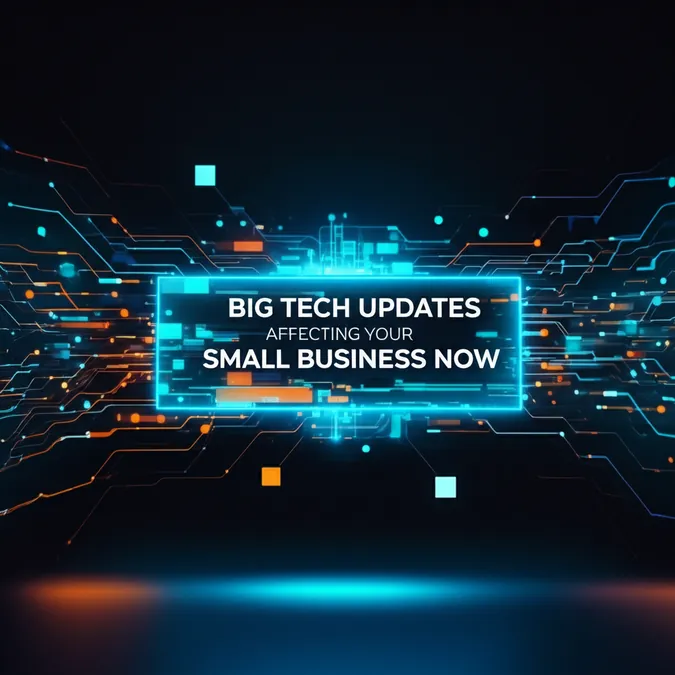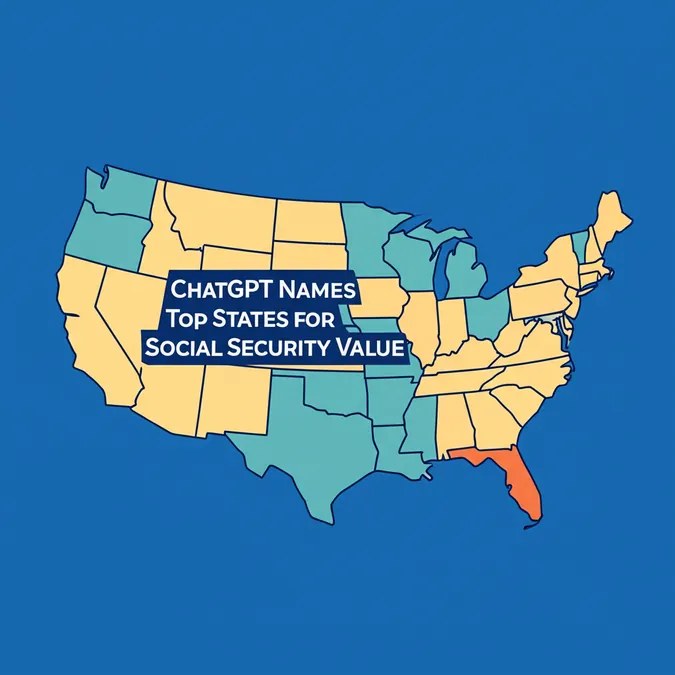How Baby Boomers Are Really Using AI
It started with three phone calls from my mom in one day. The first was to ask how to get into "the ChatGPT." The second was to report it was broken. The third was an hour later, asking if I'd seen the lovely poem it wrote about our dog.
Watching the baby boomer generation discover ChatGPT is a new kind of family entertainment. While data shows only 20% of baby boomers use AI weekly compared to 70% of Gen Z, their journey of adoption is a spectacle of confusion, wonder, and a charming certainty that they're doing it wrong.
The Search Engine Approach
Their first instinct is to treat ChatGPT exactly like Google. They enter short, keyword-based commands like "Weather today," "Best restaurants near me," or "How to remove red wine stain." After decades of training to communicate with technology through keywords, the idea of using full sentences feels unnatural. My own dad's first query was simply "Italian restaurant," as if he were dropping a suggestion into a box.
The Over-Explanation Phase
Once they grasp that it's a conversation, the pendulum swings dramatically. Suddenly, every prompt is a detailed letter. They'll write, "Dear ChatGPT, I hope you are well. I am inquiring about Italian restaurants in Portland, Oregon—not the one in Maine—for my wife and I. We are on a fixed income..." They provide a full life story just to get a pasta recommendation, working hard to establish rapport with the machine.
The Suspicion
After a few successful interactions, the doubt begins to creep in. The responses are too good, too fast. "How does it know all this?" my mom asked, convinced someone in a call center was typing furiously on the other end. This stage involves rigorous testing, asking the same question in different ways to try and catch the AI in a lie, performing their own impromptu quality assurance.
The Excessive Courtesy
When they finally accept that the AI is real, a wave of aggressive politeness takes over. Every query is peppered with "please," "thank you," and "if it's not too much trouble." I watched my uncle thank ChatGPT for its patience after it helped him reset his router. This courtesy is their way of humanizing the new technology, a habit that's actually quite endearing. It aligns with findings that nearly half of boomers would use AI more if it felt more familiar.
The Evangelical Phase
With their trust secured, they become AI evangelists. They are convinced they have discovered a revolutionary tool and insist that everyone they know must try it. The same mom I had to walk through the login process was soon forwarding me ChatGPT-generated recipes as if they were ancient secrets. They start using it for everything from grocery lists to settling decades-old family debates.
The Oversharing
At some point, they forget they're talking to a machine and start treating it like a therapist. A friend's dad, tasked with writing a sympathy card, ended up in a 45-minute session with ChatGPT about his own father's passing. The AI’s ability to listen without judgment provides a unique and surprisingly wholesome outlet, even if it comes with the caveat that these conversations might become training data.
The Feature Creep
In the final stage, they become unexpected power users. They click every button and explore every feature, refusing to stick to the basics. My mom used it to generate a meal plan, cross-reference it with local grocery store sales, and then write a complaint email to the store about its produce. They are unbound by how the technology is supposed to be used. While most conversations on the platform focus on practical guidance and writing, boomers are pushing the boundaries out of sheer curiosity.
Final Thoughts
Watching a boomer learn to use ChatGPT is like watching someone discover a new passion late in life. There is a pure, unfiltered journey from skepticism to dependency. After years of technology promising to make life easier but often making it more complicated, a tool that actually delivers feels like magic. My mom is now having ChatGPT draft letters to her local representatives. She's found the perfect intern: one who works 24/7 and never judges her questions. And that might just be the healthiest relationship with AI any of us has found.


